After recent developments in the Israel-Hamas war, Christine Fojtik, AT Comparative Politics & Global Relations teacher, began to include informed class discussions about the conflict — assigning students to read about the complex history of the region before giving them guiding questions to address in the conversation.
“I think most of us are really upset and affected by what we’re seeing,” Dr. Fojtik said, “and I’m so impressed by the amount of curiosity and empathy I’ve seen from students, which has honestly been more impressive than I’ve seen from many adults this past week.”
The ongoing Israel-Hamas war has prompted questions about how to address the complex and multifaceted conflict both in and out of the classroom, while ensuring not to generalize and stereotype identities, and recognizing the recent surge of Islamophobia and antisemitism.
While some classes, like those taught by Dr. Fojtik, have sought to address the crisis in the Middle East, ninth grader Rania Khan said she wishes her classes talked about current events and the Israel-Hamas war more.
“A lot of people shy away from it because it can be seen as too controversial,” Rania said. “I do not think it has been brought up a lot in class, and I understand why, but I think it is valuable to hear different peoples’ perspectives because on social media it can just feed one side of the story.”
“We have to protect one another and not ask a minority student to speak on behalf of their entire community. That is very dangerous and totally unfair. We have to point to narratives that are humanizing.”
— Nina Fernando, Executive Director of The Shoulder to Shoulder Campaign
Sophomore Maya Livni, who has family in Israel, said history teachers should discuss the conflict in classrooms because of how historically rooted it is.
“It is really important for history teachers to address the topic in an unbiased way, giving the content as straight facts and then letting students form their opinions rather than leaving it to social media,” Maya said.
Maya said equating the conflict with religion creates a space that allows for antisemitism and Islamophobia.
The Shoulder to Shoulder Campaign is a multifaith coalition committed to addressing, countering and preventing Islamophobia in the United States. Executive Director Nina Fernando said in an interview with the Midway that addressing current events in the classroom, especially those involving the potential implication of stereotypes should be handled with care and sensitivity.
“We have to point out the nuances, and we cannot equate the government of Israel with all Jewish people,” Ms. Fernando said. “We cannot equate the horrible acts that Hamas has committed last week with all Muslims. It is a ridiculous thing to do, to conflate the two. To point out the real diversity that no community is a monolith is extremely important.”
Ms. Fernando said educators are responsible to facilitate and guide students in a way that allows them to ask questions but does not conflate groups of people with the acts of violence committed.
“We have to protect one another and not ask a minority student to speak on behalf of their entire community,” Ms. Fernando said. “That is very dangerous and totally unfair. We have to point to narratives that are humanizing.”
U-High science teacher Sharon Housinger has tried in the past to form a Jewish faculty affinity group, adding that the increase of antisemetic incidents in the last couple of years at Lab has caused fear and isolation among Jewish community members. She said they had difficulty finding a time to meet, but the Israel-Hamas war pushed them to finally come together.
Ms. Housinger said, “I want this to just be a place of peace where people can say, ‘We’re all upset together.’”
“What people are looking for in such a fearful and uncertain time are assurances that they belong at Lab, that they are seen and heard and valued and that they are safe.”
— Tori Jueds, Laboratory Schools Director
Ms. Fernando said with the ongoing conflict, Islamophobia and antisemitism will be on the rise, and the murder of the 6-year-old Muslim and Palestinian American boy in suburban Plainfield exemplifies this.
“Our heads are spinning, our hearts are just breaking because of the violence abroad and the rising violence we are seeing in the United States,” Ms. Fernando said. “If we are perpetuating narratives that dehumanize, it is what allows us to justify violence and it will continue with the horrible events that happened with the 6-year-old boy.”
Laboratory Schools Director Tori Jueds said she is heartened by the ways students have stepped up to support each other and leaned into learning about such a complex and troubling situation.
“What people are looking for in such a fearful and uncertain time are assurances that they belong at Lab, that they are seen and heard and valued and that they are safe,” Ms. Jueds said. “These are ongoing priorities and aspirations for our entire community that feel particularly acute at this time.”
This story was originally published on U-High Midway on October 17, 2023.

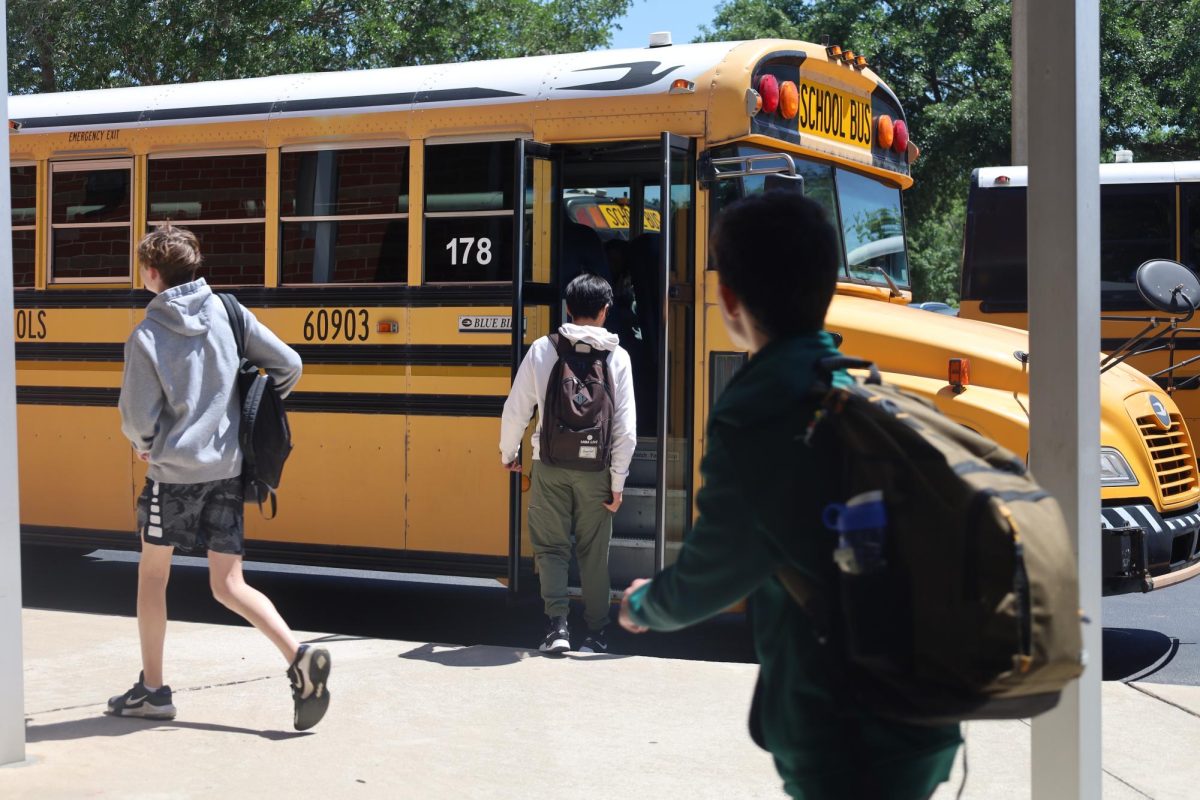
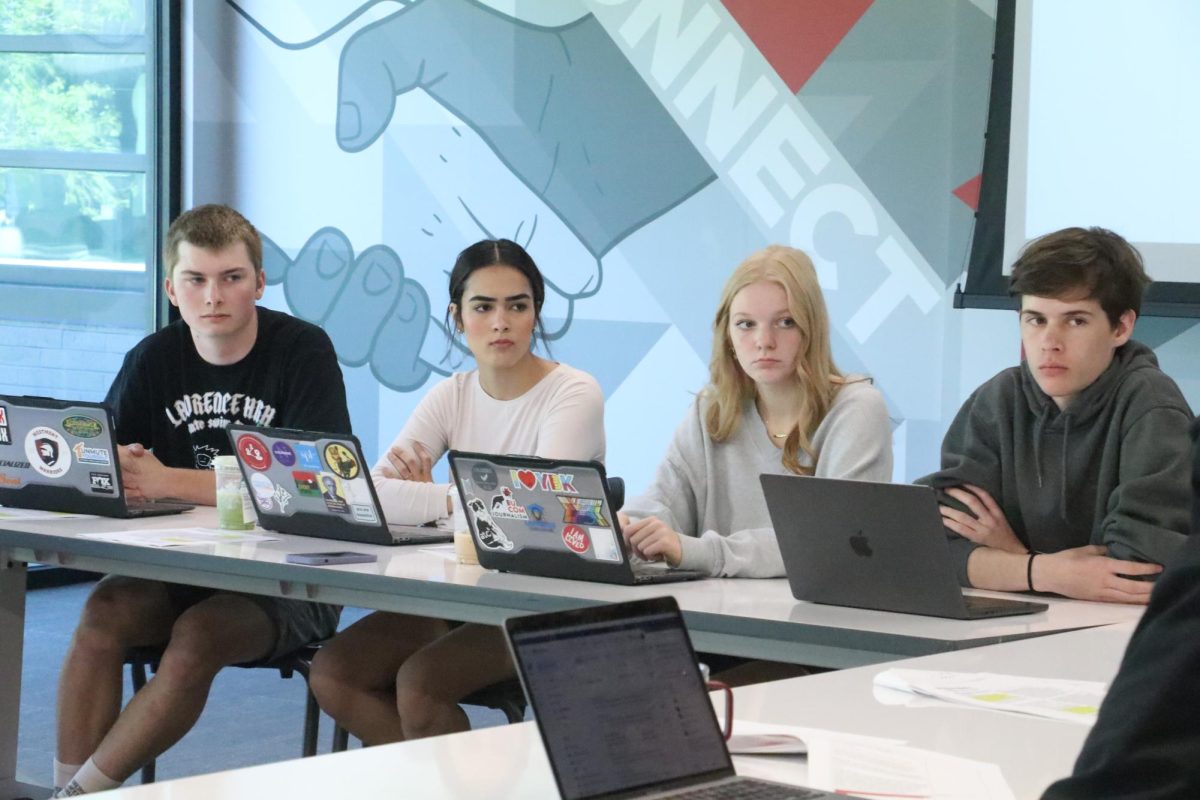
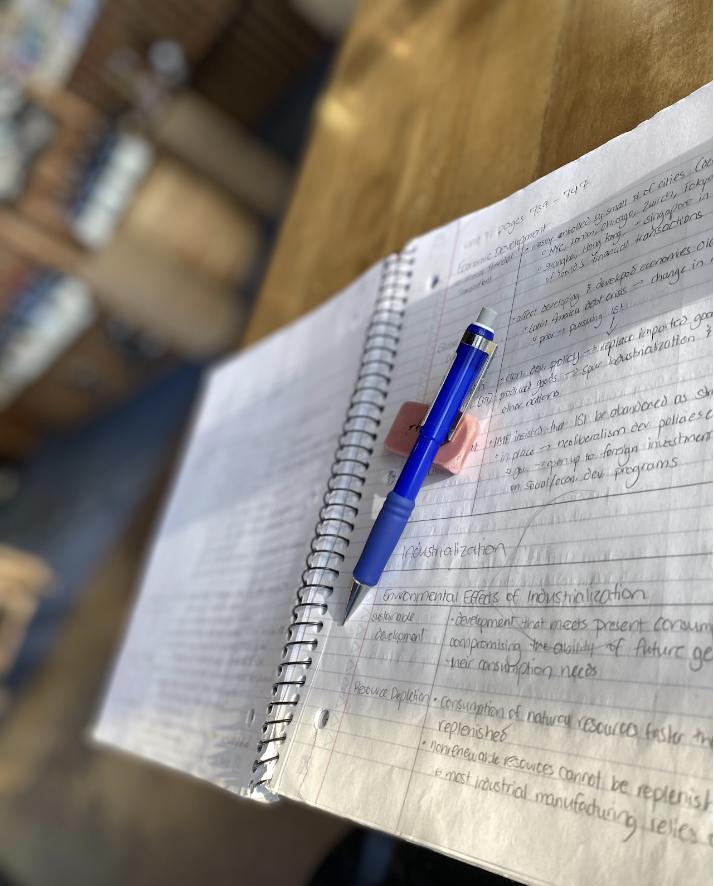
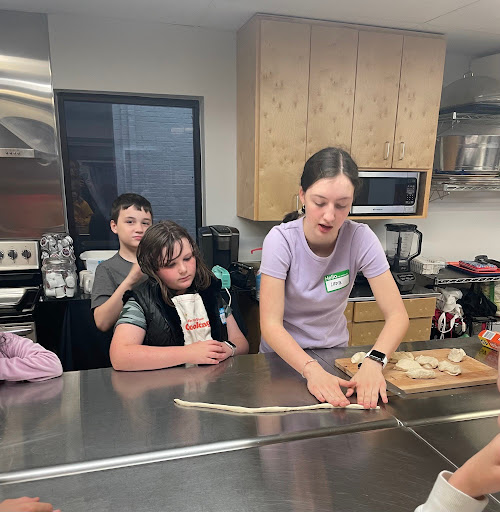
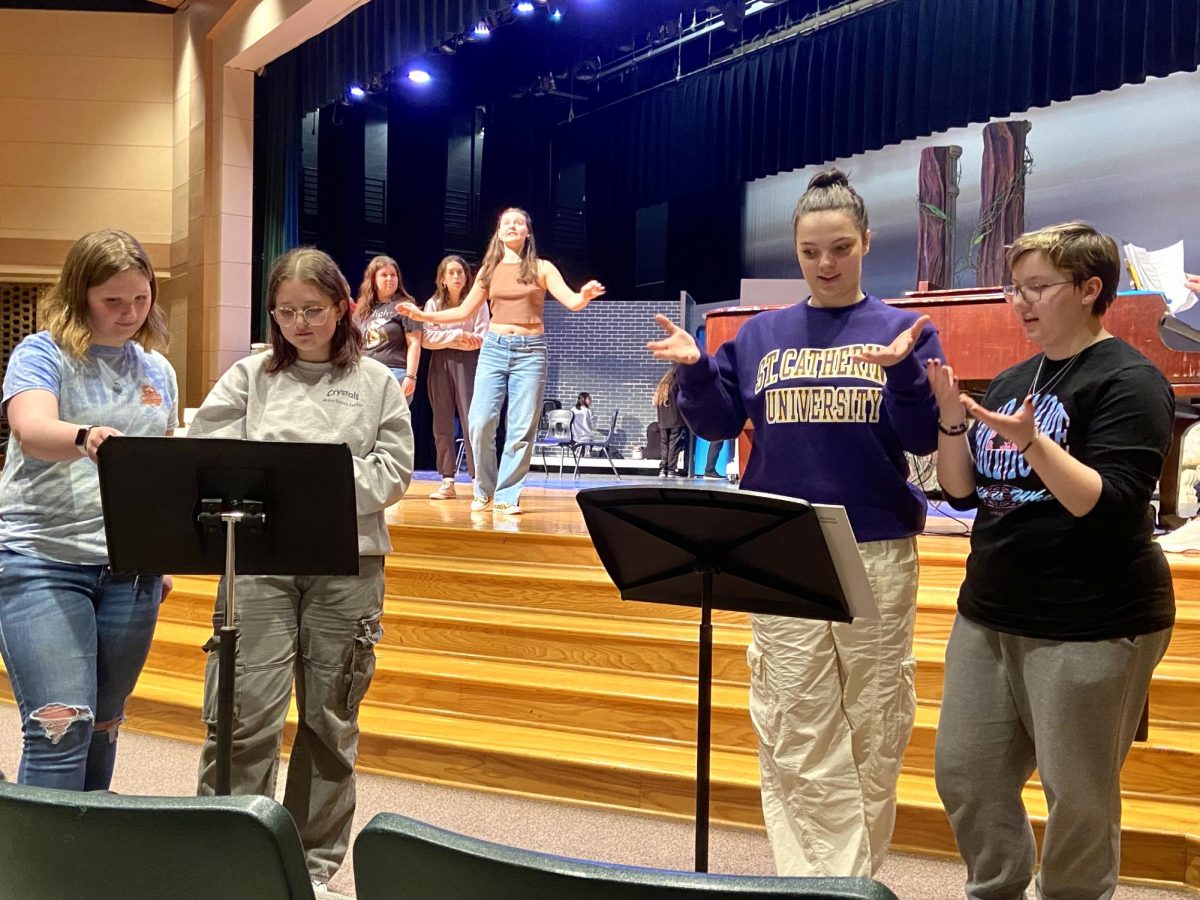
![It was definitely out of my comfort zone to get [the dress] and decide I loved it enough not to wait and risk not having something that memorable.](https://bestofsno.com/wp-content/uploads/2024/04/Precious_20180902_JRS_00008_ed1.jpg)


![Sophomore Sahasra Mandalapu practices bharatanatyam choreography in class. These new dances will be performed in an annual show in February. Mandalapu found that practicing in class helped her overcome stage fright during her performances. “When [I] get on stage, Im nervous Im going to forget, even though Ive done it for so long,” Mandalapu said. “Theres still that little bit of stage fright [when] I second-guess myself that I dont know it enough, but I do because Ive been practicing for a whole year.”](https://bestofsno.com/wp-content/uploads/2024/05/Sahasra-6-Large-1200x844.jpeg)

![In their full runway outfits, (from left) Audrey Lee 25, Olivia Lucy Teets, 25, Fashion Design teacher Ms. Judy Chance, and Xueying Lili Yang pose for a photo. All three girls made it to Austin Fashion Week by getting in the top 10 in a previous runway show held by Shop LC.
[I like my students] creativity and how they can look at a fabric and make it their own, Ms. Chance said.](https://bestofsno.com/wp-content/uploads/2024/04/IMG_9686-e1714088765730-1129x1200.jpeg)
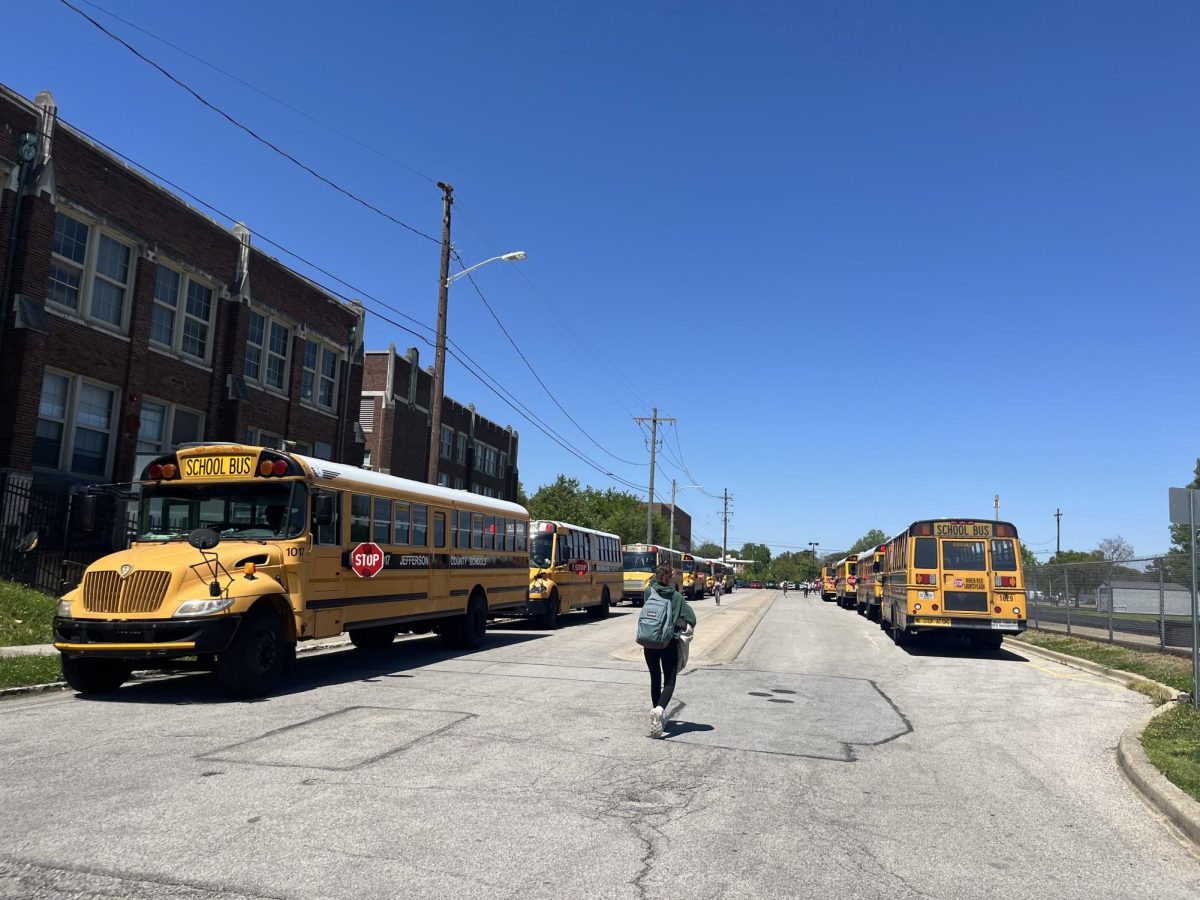
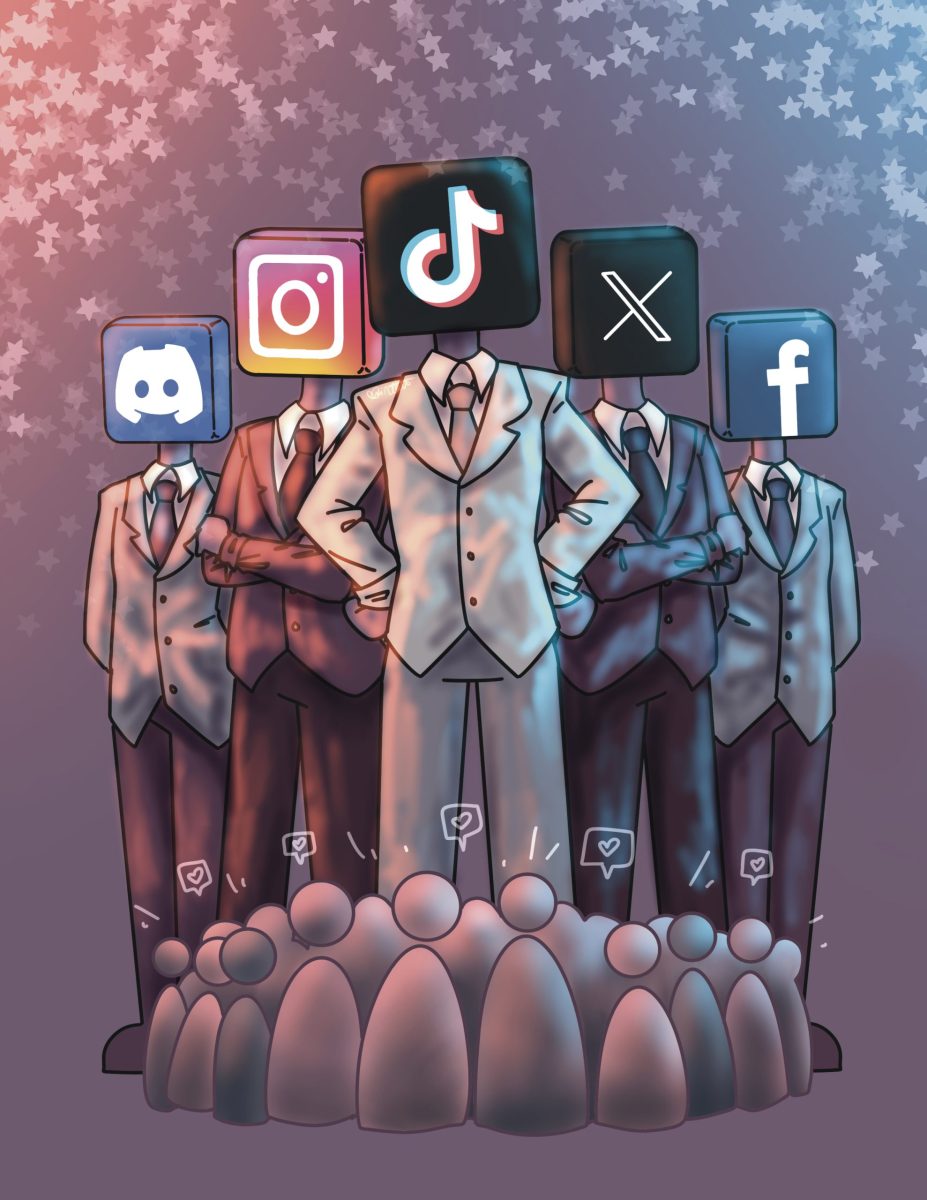



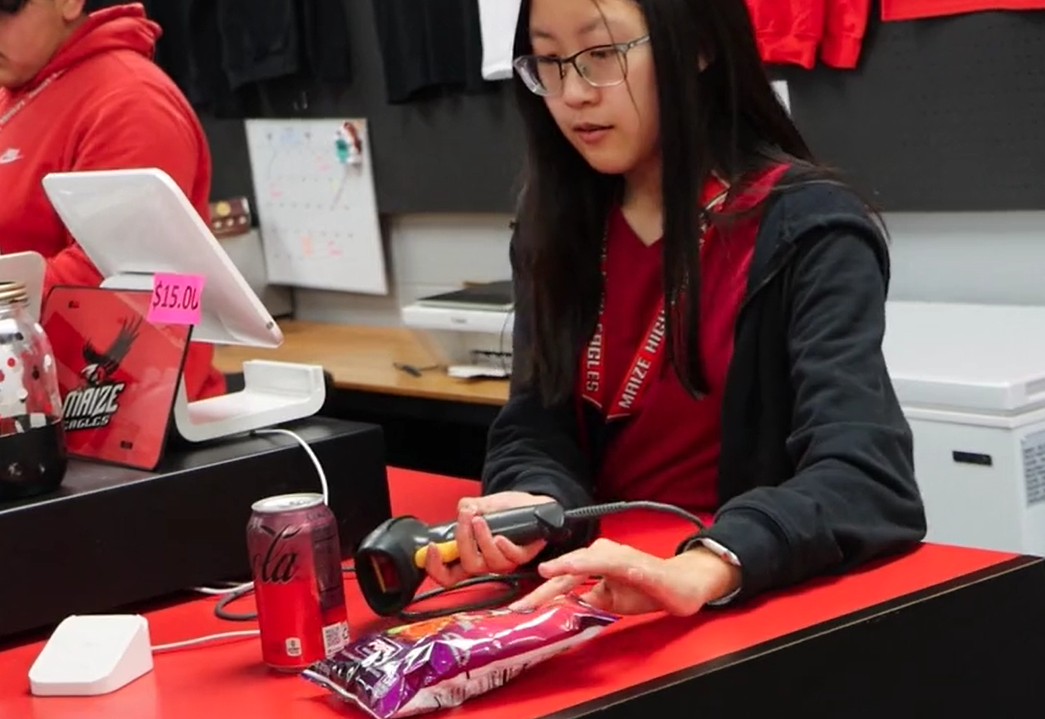
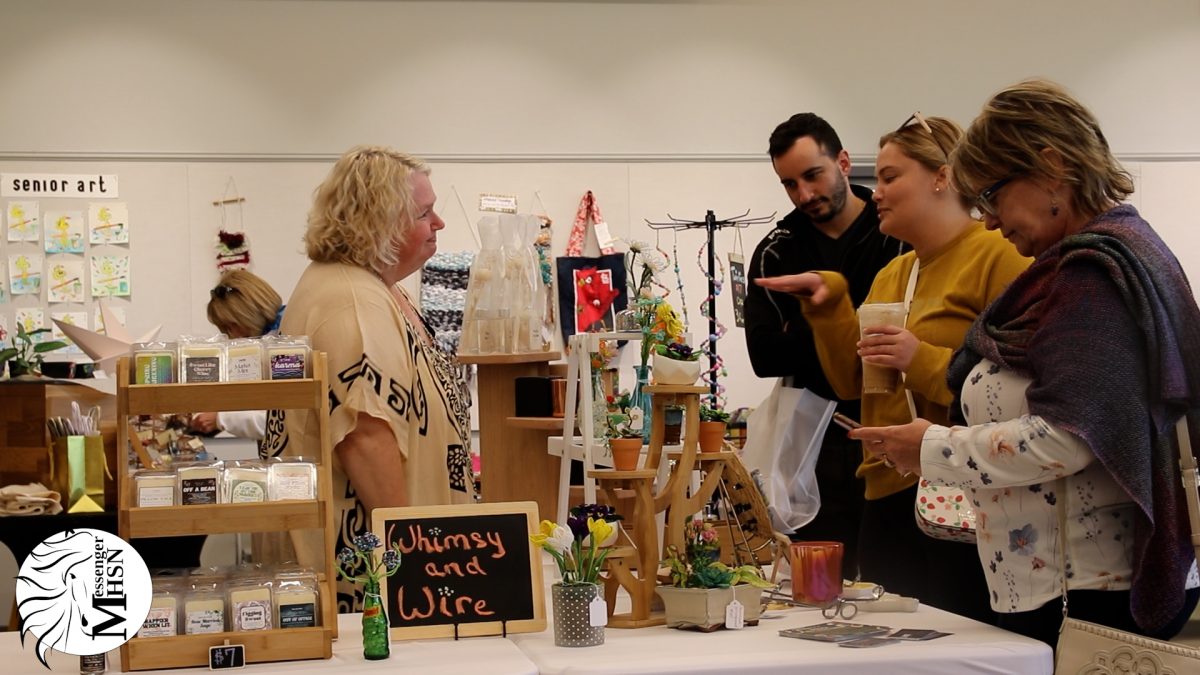







![IN THE SPOTLIGHT: Junior Zalie Mann performs “I Love to Cry at Weddings,” an ensemble piece from the fall musical Sweet Charity, to prospective students during the Fine Arts Showcase on Wednesday, Nov. 8. The showcase is a compilation of performances and demonstrations from each fine arts strand offered at McCallum. This show is put on so that prospective students can see if they are interested in joining an academy or major.
Sweet Charity originally ran the weekends of Sept. 28 and Oct. 8, but made a comeback for the Fine Arts Showcase.
“[Being at the front in the spotlight] is my favorite part of the whole dance, so I was super happy to be on stage performing and smiling at the audience,” Mann said.
Mann performed in both the musical theatre performance and dance excerpt “Ethereal,” a contemporary piece choreographed by the new dance director Terrance Carson, in the showcase. With also being a dance ambassador, Mann got to talk about what MAC dance is, her experience and answer any questions the aspiring arts majors and their parents may have.
Caption by Maya Tackett.](https://bestofsno.com/wp-content/uploads/2024/02/53321803427_47cd17fe70_o-1-1200x800.jpg)
![SPREADING THE JOY: Sophomore Chim Becker poses with sophomores Cozbi Sims and Lou Davidson while manning a table at the Hispanic Heritage treat day during lunch of Sept 28. Becker is a part of the students of color alliance, who put together the activity to raise money for their club.
“It [the stand] was really fun because McCallum has a lot of latino kids,” Becker said. “And I think it was nice that I could share the stuff that I usually just have at home with people who have never tried it before.”
Becker recognizes the importance of celebrating Hispanic heritage at Mac.
“I think its important to celebrate,” Becker said. “Because our culture is awesome and super cool, and everybody should be able to learn about other cultures of the world.”
Caption by JoJo Barnard.](https://bestofsno.com/wp-content/uploads/2024/01/53221601352_4127a81c41_o-1200x675.jpg)





